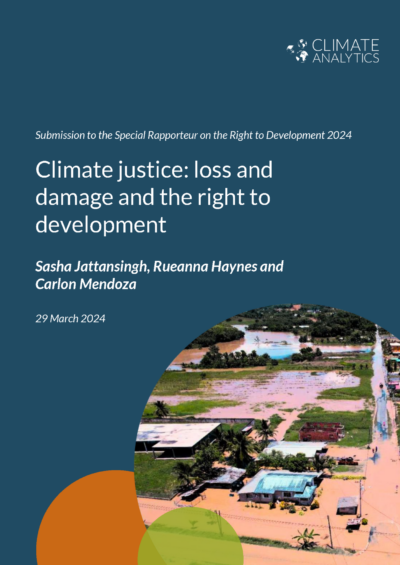Publications
Share

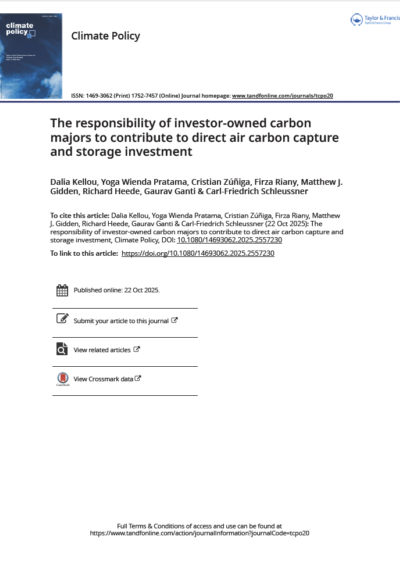
Peer-reviewed Papers
New study finds world’s largest fossil fuel and cement companies should shoulder a major share of the investment needed to develop carbon removal technologies.

Peer-reviewed Papers
This study provides an equity-based approach to allocating national emissions trajectories. It finds that emissions targets of G7 countries, Russia and China are responsible for most of the global 2030 ambition gap, while only some countries align with their 1.5 °C allocation.
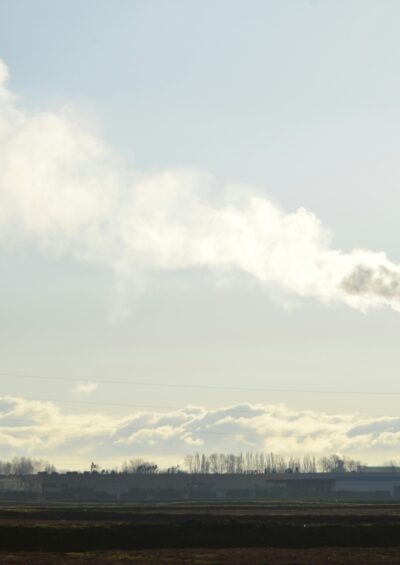
Peer-reviewed Papers
We assess the level of ‘preventive’ CDR needed to draw warming down to 1.5°C in case of a stronger-than-average Earth System response.
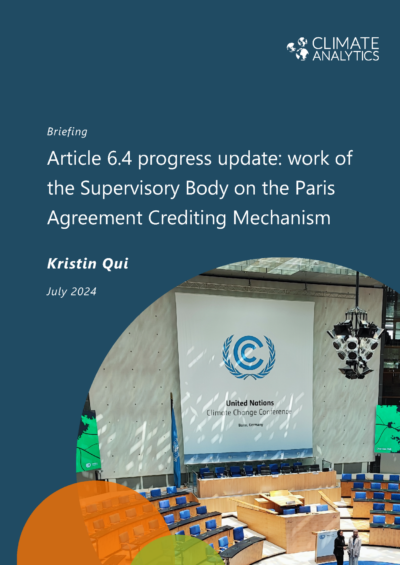
Briefings
Article 6.4 progress update: work of the Supervisory Body on the Paris Agreement Crediting Mechanism
The Article 6.4 mechanism, now known as the Paris Agreement Crediting Mechanism, allows countries to trade reductions in carbon emissions in a manner that goes beyond zero-sum offsetting, to achieve their commitments under the Paris Agreement. This briefing aims to update Small Island Developing States and Least Developed Countries on the standards and procedures that have been adopted by the supervising body (Article 6.4) to inform the design of projects.
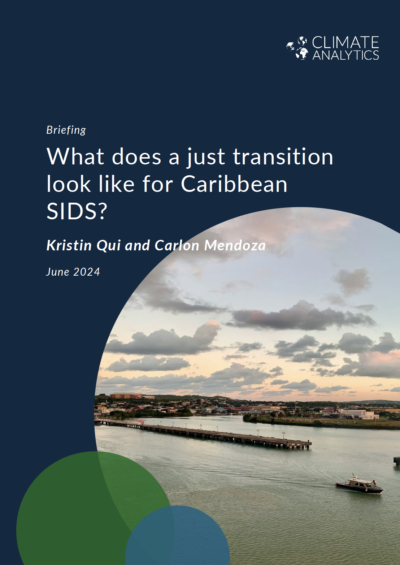
Briefings
This briefing aims to provide some preliminary information on what just transition encompasses in the context of Caribbean Small Island Developing States.
